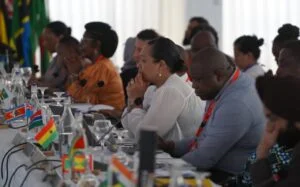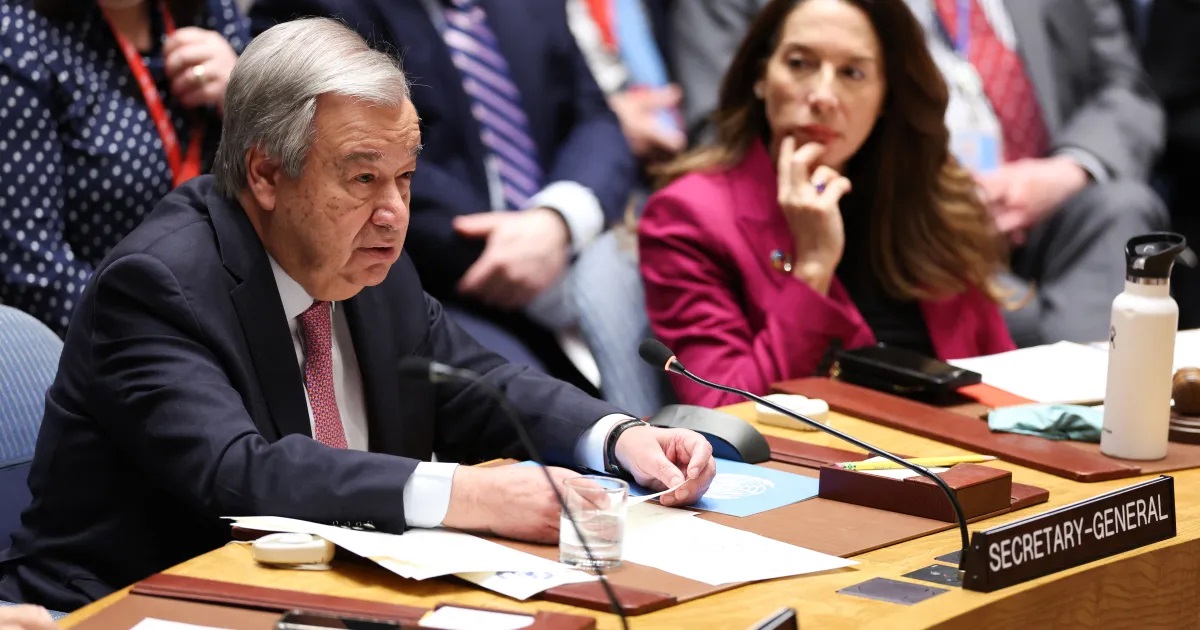Madagascar’s political tensions deepened on Tuesday after President Andry Rajoelina’s administration announced the dissolution of the National Assembly — a move that came just as lawmakers were preparing to initiate impeachment proceedings against him.
A presidential decree stated that the dissolution was carried out “in accordance with Article 60 of the Constitution,” effectively disbanding the lower house of Parliament.
However, Assembly Vice-President Siteny Randrianasoloniaiko challenged the decision, describing it as legally invalid due to the lack of procedural authorisation.
The dissolution follows weeks of unrest triggered by widespread electricity and water shortages in late September. What began as economic discontent has since evolved into mass protests calling for systemic reform and the president’s resignation.
On Saturday, a military regiment openly sided with the demonstrators, pledging to protect them from alleged abuses by state security forces — an unusual and highly symbolic act in the island nation’s recent political history.
In a statement issued on Sunday, the presidency accused unnamed groups of attempting to “seize power illegally and by force,” calling on citizens to defend constitutional order.
President Rajoelina later appeared in a video message on Monday, claiming to have survived an assassination attempt and stating that he had relocated to a safe location for security reasons.
The dissolution of Parliament and the growing involvement of the military have sparked fears of a potential coup or deeper institutional crisis in Madagascar, a country with a history of political volatility and contested transitions of power.





